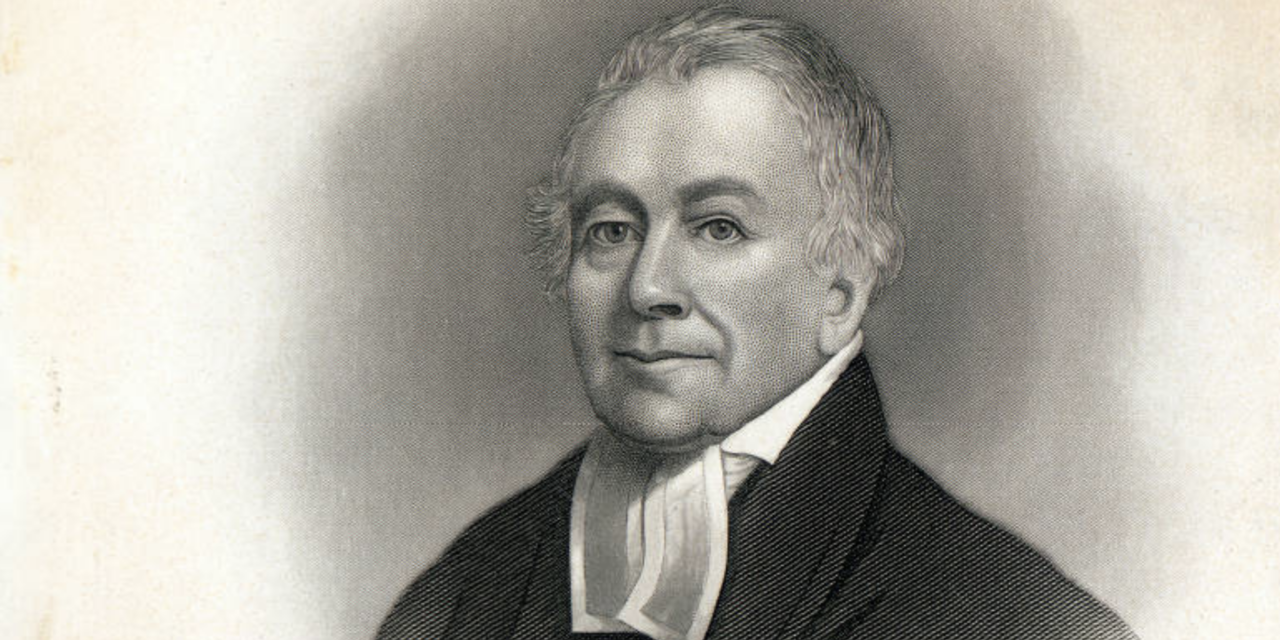Tradition changes slowly in some parts of America.
The tall white-steepled clapboard church still sits on a two-lane, tree-lined street in Hamilton, Mass. – though back at its founding in 1714, it was considered part of the Ipswich Hamlet, a small picturesque New England village located just five miles inland from Massachusetts Bay.
Arriving on Bay Road to pastor the congregation in 1771 was Manasseh Cutler – a Connecticut-born pastor’s son who would go on to serve at the church for 52 years – all the while leading a separate movement that would forever change the face of the fledgling American nation.
To be sure, the Reverend Cutler wasn’t your typical clergyman. A graduate of Yale, the pastor first taught school, worked as a clerk in a store, and even practiced law. But he finally surrendered to the ministry, accepting the call to be minister of the Congregational Church.
But even that wasn’t all smooth sailing.
During the Revolutionary War, the Reverend Cutler spoke approvingly of the nation’s fight for independence from Great Britain, serving as a chaplain to numerous military units. But the depleted homes of church members made it difficult to pay the minister’s salary – and so the pastor studied medicine and supplemented his income by treating patients – sometimes 40 at a time. A lover of science, he was also considered an astronomer and botanist.
October is “Clergy Appreciation Month” – a tradition started in 1992 by the late Reverend H.B. London, Focus on the Family founder Dr. James Dobson’s cousin. There’s a lot to appreciate about our pastors all twelve months out of the year, of course, but the Reverend London would have especially appreciated the Reverend Cutler’s legacy – and so should we.
Why?
Following the colonists’ victory in the Revolutionary War, Great Britain ceded the “Northwest Territory” to America – area that now comprises six states: Ohio, Indiana, Illinois, Michigan, Wisconsin and parts of Minnesota. A wilderness area, the big question became what to do with this new land. Several veterans decided to pull together what they called “The Ohio Company of Associates” – and traveled to New York to petition George Washington and the Congress for the right to develop the area. Manasseh Cutler was chosen to argue their case.
But the contingent wasn’t simply comprised of zealous businessman in search of a quick buck. With the Reverend Cutler at the helm, the minister advocated strongly for religious freedom to be respected in the area – and for the new territory to be slave free. With passage of the Northwest Ordinance in 1787, all of the pastor’s groundbreaking and history-altering requests were met.
It would take the Civil War to finally liberate slaves in other parts of the country – but it was the pastor of a small New England church who first showed the way.
Pastors today may not seem to wield such influence – but they can still make a significant difference in the everyday lives of people, and by extension, the country and the world.
That’s because everything effects everything else.
Pastors not only teach – they also inspire. They encourage men and women to not only marry, but in some cases, who to marry. Good marriages then lead to children, who then grow up to lead influential lives that can change the world. We’re talking moms and dads, teachers, doctors, writers, inventors, and scientists. Somewhere in America this Sunday will be a pastor whose words will be the hope a suicidal individual needs. Somewhere else there will be a meeting between a pastor and a couple on the verge of divorce – and that conversation will pull them back from the brink, forever changing the trajectory of generations.
Pastors are more than cheerleaders. They serve up tough and unpopular truths, too. “It is the duty of the clergy to accommodate their discourses to the times, to preach against such sins as are most prevalent, and recommend such virtues as are most wanted,” said John Adams. Good pastors don’t win popularity contests – but they do lead people to the Lord and help shape the world around them.






